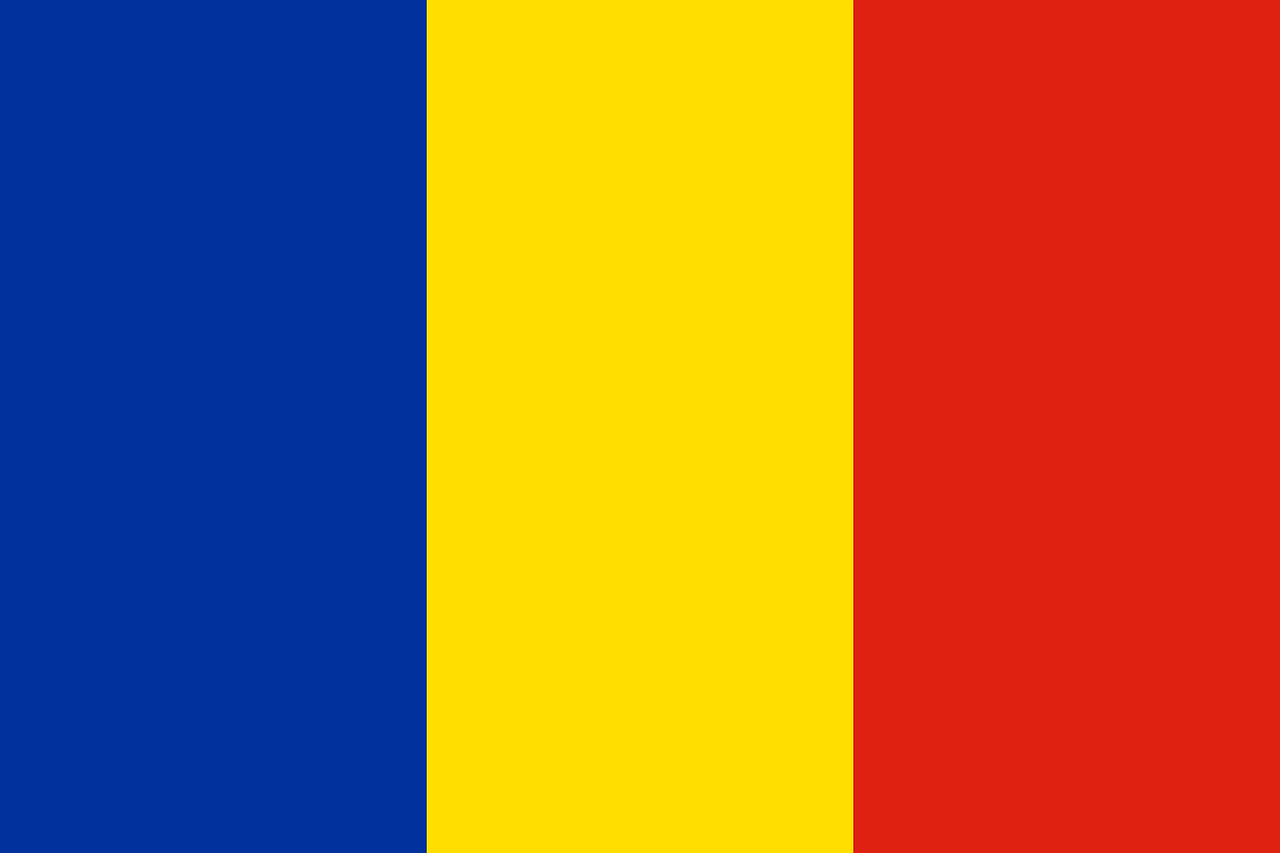Introduction
Romania, a country where medieval charm meets natural beauty, offers visitors an enchanting mix of Gothic castles, painted monasteries, and pristine landscapes. From the mysterious Transylvania region to the vibrant capital of Bucharest, Romania presents a unique European experience rich in history and culture.Best Time to Visit
The ideal time to visit Romania depends on your interests: - Spring (April-May): Mild weather, beautiful wildflowers, fewer tourists - Summer (June-August): Warmest weather, perfect for hiking, but peak tourist season - Fall (September-October): Pleasant temperatures, gorgeous autumn colors - Winter (November-March): Cold but magical, especially for winter sports and Christmas marketsEssential Documentation
- Valid passport (must be valid for at least three months beyond stay) - No visa required for EU citizens and many other nationalities for stays up to 90 days - Travel insurance (recommended) - International driving permit if planning to drive - Proof of sufficient funds and return ticket may be requestedGetting There and Around
International Access
- Main airports: Henri Coandă International Airport (Bucharest), Cluj-Napoca International Airport - Regular flights from major European cities - Train connections from neighboring countries - Bus services from various European destinationsInternal Transportation
- Extensive train network (CFR) connecting major cities - Intercity buses and minibuses (maxitaxi) - Domestic flights between major cities - Car rental options available (good road infrastructure but watch for traffic customs)Must-Visit Destinations
Bucharest
The capital city offers a mix of history and modern life: - Palace of Parliament (world's largest civilian building) - Old Town (Lipscani district) with historic architecture - Romanian Athenaeum (beautiful concert hall) - Village Museum showcasing traditional Romanian lifeTransylvania Region
Famous for its medieval towns and castles: - Bran Castle (commonly known as "Dracula's Castle") - Sighișoara (UNESCO World Heritage site, medieval citadel) - Brașov (charming medieval town with Gothic architecture) - Sibiu (European Capital of Culture 2007)Painted Monasteries of Bucovina
UNESCO World Heritage sites featuring unique frescoes: - Voroneț Monastery (famous for its blue frescoes) - Sucevița Monastery - Moldovița Monastery - Humor MonasteryNatural Attractions
- Carpathian Mountains (hiking, skiing, wildlife watching) - Danube Delta (unique biodiversity, boat tours) - Transfăgărășan Highway (one of the world's most scenic roads) - Bear sanctuaries in ZărneștiCultural Tips and Etiquette
- Greet with a firm handshake - Dress modestly when visiting churches - Tipping is customary (10-15% in restaurants) - Learn basic Romanian phrases - Respect local traditions and customsHealth and Safety
General Safety
- Romania is generally safe for tourists - Take standard precautions in crowded areas - Be aware of taxi scams (use official companies) - Keep valuables secure - Have emergency numbers handyHealth Considerations
- Tap water is generally safe in cities but bottled water is recommended - Medical facilities are good in major cities - Carry travel insurance - Be careful with street food - Pharmacies are widely availableBudget Considerations
Costs
- Currency: Romanian Leu (RON) - Budget accommodation: €20-40 per night - Mid-range hotels: €50-100 per night - Local meals: €5-10 - Restaurant meals: €15-30 - Museum entries: €2-8 - Public transport: Very affordableMoney Tips
- ATMs widely available in cities - Credit cards accepted in most establishments - Keep some cash for small purchases and rural areas - Exchange money at banks or official exchange officesPacking Essentials
- Weather-appropriate clothing (layers recommended) - Comfortable walking shoes - Power adapter (European standard, 230V) - Basic medical supplies - Camera (for stunning landscapes and architecture) - Rain gear (weather can be unpredictable)Local Cuisine Must-Tries
- Sarmale (stuffed cabbage rolls) - Mămăligă (polenta) - Covrigi (Romanian pretzels) - Traditional soups (ciorbă) - Local wines and țuică (plum brandy)Planning Tips
- Book accommodations in advance during peak season - Consider guided tours for castle circuits - Download offline maps - Learn about local history for context - Check festival dates for cultural experiencesCommunication
- Wi-Fi widely available in urban areas - Local SIM cards easily available - Many younger Romanians speak English - Learn basic Romanian phrases - Download translation appsBest Experiences
- Attend local festivals - Take a castle tour - Visit traditional villages - Try folk dancing - Experience thermal spas - Explore medieval towns - Watch wildlife in the Carpathians - Take scenic train journeys Remember that Romania offers excellent value for money and combines European charm with unique cultural experiences. The country's diverse landscape, rich history, and warm hospitality make it an rewarding destination for travelers seeking something different in Europe.
A Complete Guide to Traveling in Romania

🔖Tags:
Destination Romania Travel